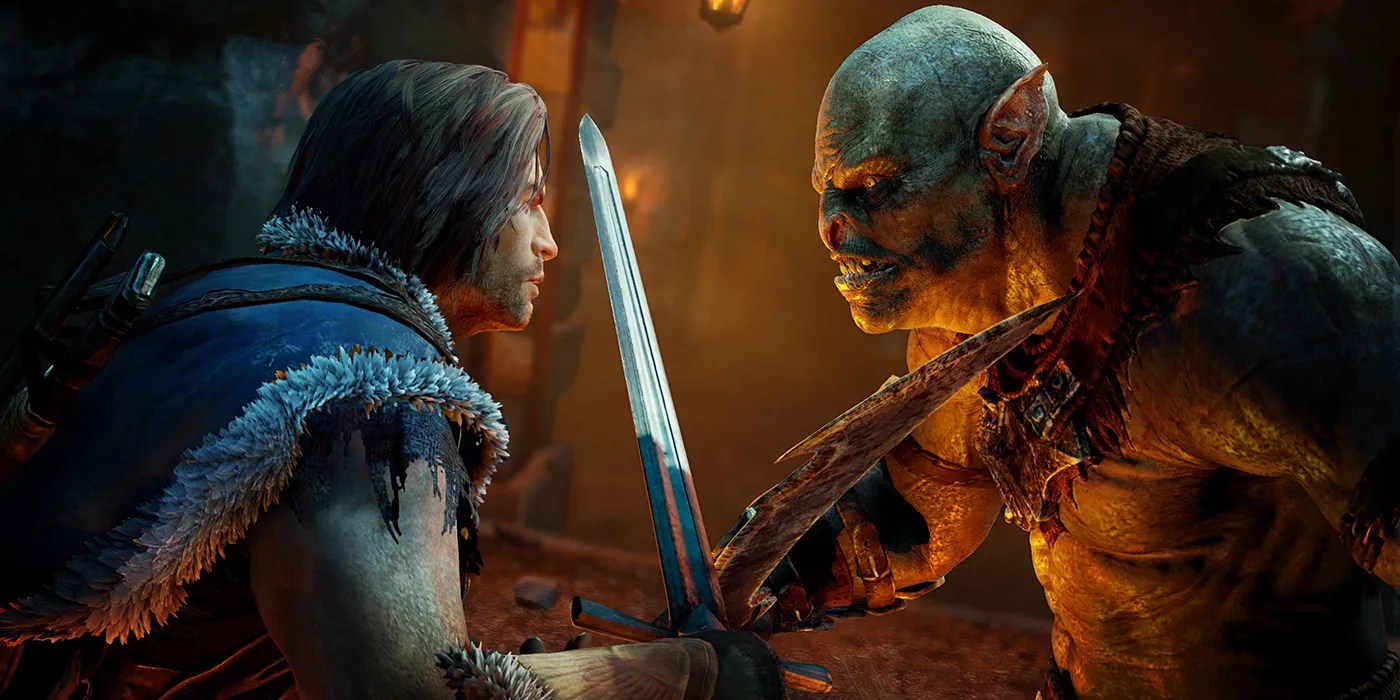Now thatShadow of Mordorpublisher Warner Brothers' has managed to, after several years of attempts, patent the Nemesis system utilized in theShadow of MordorandShadow of Wargames, it owns rights to a system that could have been utilized in many other games. While this is beneficial forWarner Brothers’if it plans to use it in other games, the vague language of the patent seems intentional and means that WB would be able to take legal action against companies that come to close to the Nemesis system in their games.
Warner Brothers' has beenattempting to obtain this patent since 2015but succeeded earlier this year. Starting June 02, 2025, the publisher will have exclusive rights to using a Nemesis system in its games. While publishers patenting their game systems is important to maintaining integrity, the vague language of the patent means that WB could potentially levy lawsuits against companies that create systems that are remotely similar. Of course, whether it would or how it would remains to be seen, but basically concepts like the Zealots in Assassin’s Creed Valhalla could be limited by WB’s patent. While incredibly different, it works off a similar fundamental principle, one potentially covered by the WB Patent.

RELATED:Middle-Earth: Shadow of Mordor to Remove Online Features
The Nemesis System in Games
WB’s patent on the Nemesis system bodes well for its own IPs for sure, as anotherMiddle-Earthtitle could implement a more involved version of the system, and its upcomingSuicide Squad: Kill the Justice Leaguecould also feasibly use the systemto some extent. A version of the Nemesis gameplay would lend well to an expansive Gotham City and could have lowly thugs “leveling up” to become territory bosses or even new supervillains in the game. On an even more speculative note, such a mechanic would also work well in a potentialMortal Kombatadventure game if WB chooses to go down that road again in the future.
But more importantly since thepatent is now official WBwill have rights, as long as it maintains proper legal fees, to the Nemesis system until 2035. The language of the patent could affect games in development or future planned projects if they attempt to utilize the basic concept. The Nemesis system was fairly revolutionary, demanding the higher power of the PS4 and Xbox One to even be fully implemented inShadow of Mordor.The idea of NPC enemies maintaining knowledge of the player’s actions and a persistent relationship with them was usually something relegated to long-form tabletop games likeDungeons and Dragons. Its introduction into an open-world video game created a world that felt more alive and impacted by the player than many others before it.
It’s easy to imagine such a system being built into almost any open-world or story-driven game. AFinal Fantasygame where failure in a battle didn’t result in a game over screen but instead a group of bandits or monsters that becomes emboldened comes to mind. Or modern games likeGrand Theft Autowhere rival crime gangs retaliate with more powerful equipment after being trounced by the players could have been interesting. While purely speculation, it’s easy to imagine theNemesis system benefitting almost any open-world game. The patent filing by WB, however, will impact development on any such a system for the foreseeable future.